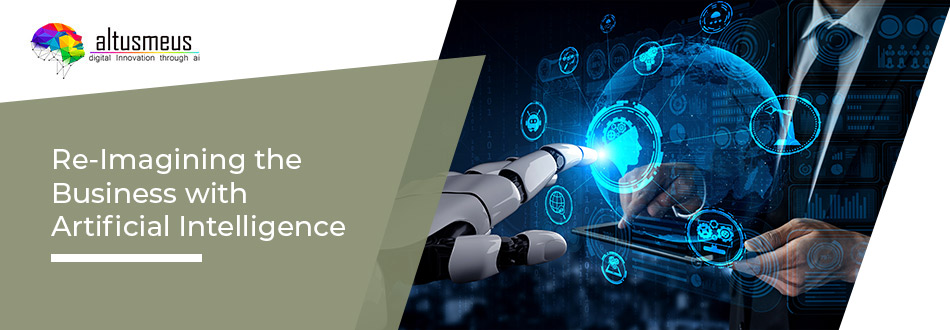In 2012, the idea of artificial intelligence was a hot topic. From the movie “Her” to an AI chatbot named “Eliza” to General Electric’s “Watson”, the world was obsessed with the idea of using AI to put complex and time-consuming tasks in the hands of computers, and we were convinced that this would be the next big thing in the world of technology.
In the increasingly high-tech world that we live in today, businesses are using AI to streamline the way they do their business. AI has helped to power some of the top tech companies out there, such as Google, Facebook, and Microsoft. The AI technology that these companies are using allows them to cut down on the number of workers they need, makes it easier for them to run their businesses and allows them to be more efficient.
Artificial Intelligence: A Look at Transformations
Artificial intelligence (AI) is a catch-all term for technologies that perform tasks that require intelligence. These technologies include machine learning, natural language processing, and robotics. AI has been defined as “the science and engineering of making intelligent machines (robots)”, but the term is now used to describe a wide range of technologies and their associated applications.
Here are a few applications of AI in business and the benefits that it brings.
AI In Customer Service
Customers can now interact with companies in real-time to resolve complaints, place orders, get information and do almost anything they would require from having a conversation with a human customer-care representative. Chatbots are helping businesses to better serve their customers and to cut costs by eliminating the need for customer-service workers. Chatbots are programmed with the purpose of creating personalized digital interactions with customers.
Business Intelligence
As businesses are becoming increasingly data-driven, the need for BI continues to grow. Business intelligence can provide the necessary insights to help businesses make better decisions, prioritize and manage workloads, and to manage the overall performance of the business. The valuable information they provide can be valuable to the business in many ways, including helping increase productivity, improve the customer experience, improve leadership, and increase employee productivity. BI lets companies understand and analyze the data in a more meaningful and insightful way.
Personalized And Targeted Marketing
Personalization is an increasingly critical component of marketing.
“Mapping Your Customer” is a helpful idea for anyone involved in any kind of business. If you are an artist, it can help you develop a niche audience for your work. If you are an investor, it can help you research companies to invest in. If you are a writer, it can help you tailor your work to specific readers. But what about marketers? There are a few different ways that marketers can map their customers, but one of the most powerful is to use data or analytics to understand what you know about your buyer and then use that data to craft specific messages that are tailored to them.
Predictive Analytics And Product Recommendation
To enhance the efficacy of marketing efforts and customer’s engagement with an organization’s product, organizations must be empowered to suggest products that will clutch the interest of the customers and meet their desires. Organizations like Netflix, Amazon, Spotify, etc., now use artificial intelligence to understand the habits/behaviors of customers to foretell which product to recommend.
In a Nutshell
In conclusion, businesses in this age of AI have a lot to gain from this change, by incorporating AI technology into their systems, processes, and thinking. AI technology has the potential to reshape the whole business, making it more efficient, effective, and successful by replacing or augmenting human tasks.





